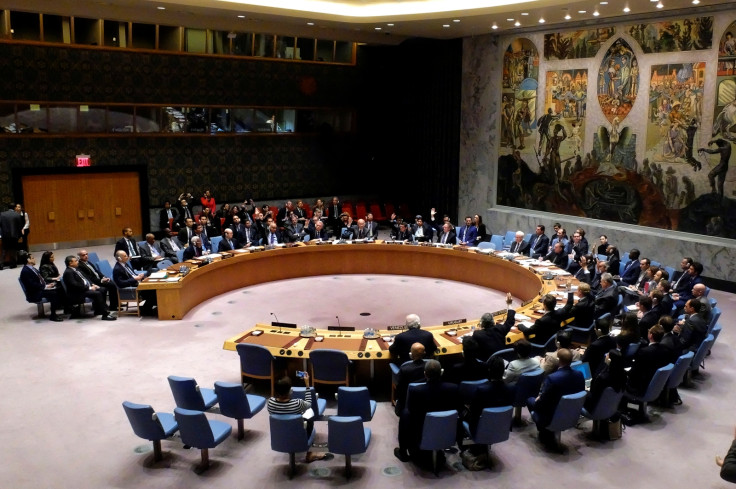United Nations Security Council votes to extend Syria gas attacks investigation by a year
The resolution gives the probe panel the task of identifying the 'perpetrators, organizers, sponsors' of the attacks.

The United Nations Security Council made a concerted decision on Thursday, (17 November) to extend the mandate of a panel that is investigating the chemical attacks in Syria for another year.
The council adopted a resolution, which was drafted by the US, to extend the joint inquiry by the UN and Organisation for the Prohibition of Chemical Weapons (OPCW) until November 2017.
The resolution gives the panel the task of identifying the "perpetrators, organizers, sponsors" of the attacks including the groups that are associated with IS (Daesh) and al-Qaeda. It says that all "individuals, entities, groups or governments responsible for any use of chemical weapons must be held accountable."
Samantha Power, US ambassador to the UN said that the panel's work was far from over. The panel, which is also called Joint Investigative Mechanism (JIM) has found during its investigation over the course of the year that Syrian forces loyal to President Bashar al-Assad carried out three chlorine gas attacks on villages in 2014 and 2015.
The panel in its investigation also found that the Islamic State (Isis) used mustard gas as a weapon in Syria in August 2015.
The panel (JIM) in its last report said that Syrian government helicopters that flew from government controlled air bases dropped barrel bombs on Syrian villages of Qmenas, Talmenes and Sarmin, in Idlib province. It identified the three helicopter squadrons as perpetrators.
According to AFP, it was the first time that an international investigation blamed Assad's forces after years of denial from Damascus. Moscow, however, dismissed the conclusions of the report as unconvincing and said that there was no need to impose sanctions on Syria.
Vladimir Safronkov, Russia's deputy ambassador told AFP that "Russia's skeptical position is well-known regarding the conclusions" and added that Moscow's support was a reminder that the use of chemical weapons remains a threat in Iraq and Syria.
Britain and France have called to impose UN sanctions on Syria for use of chemical weapons multiple times but no action has yet been taken at the Security Council. In 2013, Syria signed Chemical Weapons Convention (CWC) and said it would give up its chemical stockpile after coming under pressure from Moscow.
© Copyright IBTimes 2025. All rights reserved.





















